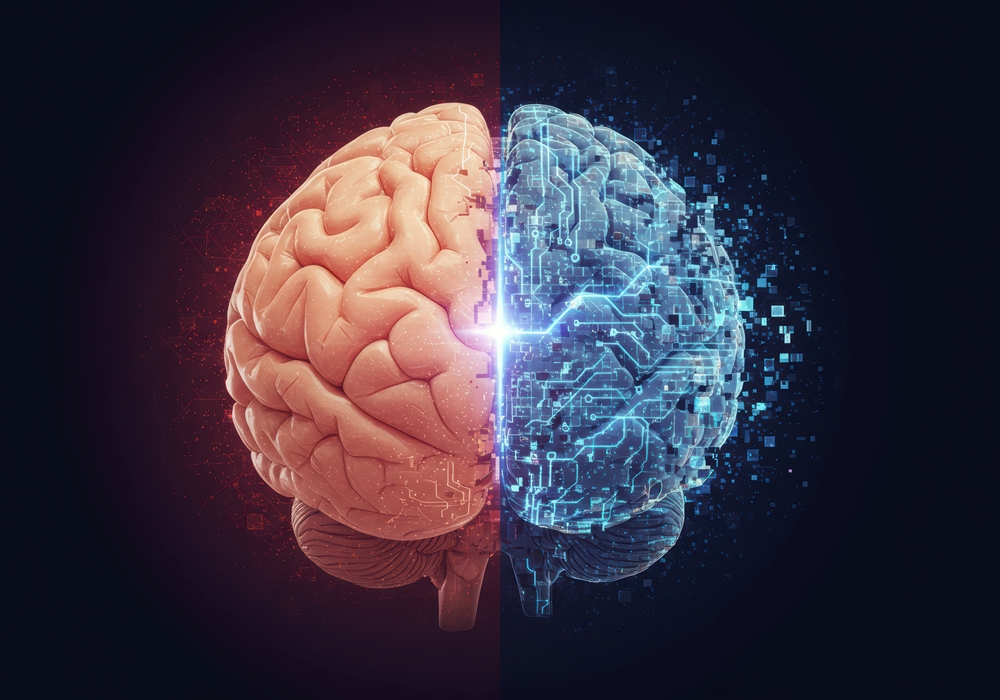Psychoactive compound could protect brain after stroke

DMT, a psychoactive compound found in plants and the human brain, shows protective effects against stroke damage in new research using animal and cell models.
The compound reduced infarct size, brain swelling and inflammation while repairing blood-brain barrier function, according to the study.
Researchers found that dimethyltryptamine (DMT) worked through Sigma-1 receptors to limit microglial activation – the brain’s immune response – and support astroglial cells, which help maintain brain function.
The dual protective effect suggests the compound could potentially serve as an adjuvant therapy for stroke, complementing current limited treatments.
Co-first author Marcell László is from the HUN-REN BRC Institute of Biophysics and Semmelweis University Heart and Vascular Centre.
The researcher said: “We found that DMT significantly reduced infarct volume and oedema formation in a rat stroke model.”
In both animal experiments and cell culture models, the treatment restored the structure and function of the damaged blood-brain barrier – the protective layer controlling what enters brain tissue – and improved the activity of astroglial cells.
The compound also inhibited production of inflammatory cytokines – proteins that drive inflammation – in brain endothelial cells and peripheral immune cells, while reducing the activation of brain microglia cells through Sigma-1 receptors.
Co-lead author Mária Deli from the HUN-REN BRC said: “It is amazing how we can always turn to Nature to find ingenious solutions for health problems.”
Current stroke therapies are limited and often do not result in full recovery.
The researchers suggest a treatment based on the compound may represent what they describe as a promising option, particularly in combination with existing methods.
Judit Vigh, co-first author of the work, said: “The therapeutic options currently available for stroke are very limited.
“The dual action of DMT, protecting the blood-brain barrier while reducing brain inflammation, offers a novel, complex approach that could complement existing treatments,” says
Clinical trials are already examining use of the compound and its long-term effects.
It is under evaluation for supporting recovery of brain function after stroke, although its mechanism had not been fully understood until these findings.










